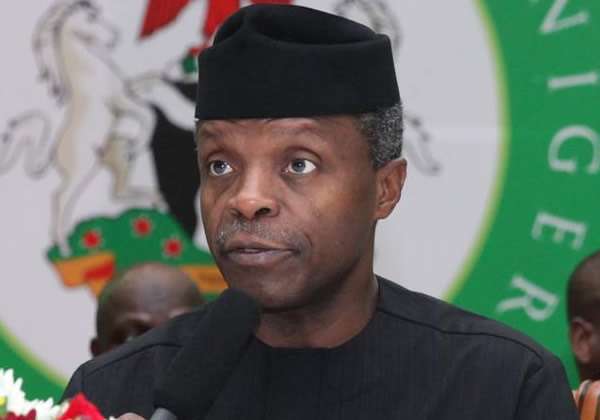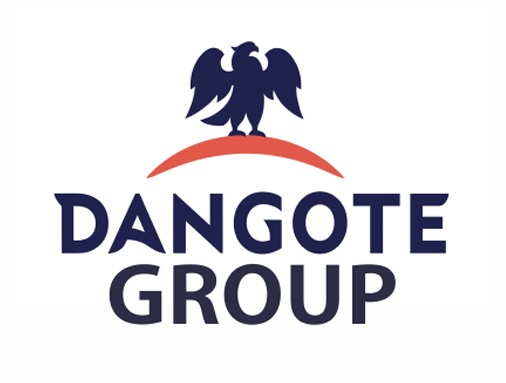WAEMU States Records 6.1 % Growth in 2014, Says IMF
The International Monetary Fund has said that West African Economic and Monetary Union (WAEMU) members states recorded 6.1 per cent growth in 2014.
This is contained in a report issued by the Executive Board of the Fund at the end of its 2015 Article IV consultation with WAEMU.
“In spite of fragile political and security situation in some member countries, growth reached 6.1 per cent in 2014.
“This was driven by continued high growth in Côte d’Ivoire and a favourable agricultural season in many countries”, IMF said in the report.
It further said that rising public infrastructure investment also stimulated economic activity.
“Consumer price and underlying inflation were close to zero in 2014. In the medium term, growth should remain above 6 per cent due to continued buoyant public and private sector investment.
“The overall budget deficit increased to 4.6 per cent of GDP in 2014, up from 3.1 per cent in 2013, due to rising public investment to address infrastructure gap, it said.
It said that WAEMU member states tapped the regional finance market as tax revenue remained broadly unchanged at 16 per cent of GDP.
“Though fiscal pressures persisted, the current account deficit, including grants, declined to 7.3 per cent of GDP in 2014 mainly reflecting the drop in international oil prices.
“After declining for three consecutive years, the international reserves of the Central Bank of West African States (BCEAO) rose slightly in 2014 covering 4.6 months of imports, the report said”, the report said.
It said the BCEAO had kept its key interest rate unchanged since September 2013, adding, “credit to the economy has continued to grow at robust rates’’
WAEMU is an economic union of eight French West African states namely Benin Republic, Burkina Faso, Cote d’Ivoire, Guinea-Bissau, Mali, Niger, Senegal, and Togo.








